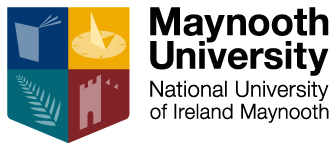Cregan, Áine, Dr. (no date). Promoting Oral Language Development in the Primary School. Accessed on 3rd April, 2023 at: www.ncca.ie.
Curriculum Online (no date). Talktime Support Material. Accessed on 3rd April, 2023 at: www.curriculumonline.ie.
Department of Education and Skills (2017). DEIS Plan 2017. Accessed on 3rd April, 2023 at: www.gov.ie.
NCSE (2022). Supporting Talktime Strategies, Teacher Resource for Primary Schools Compiled by Demonstration Project Speech and Language Therapists. Accessed on 3rd April, 2023 at: www.ncse.ie
PDST (no date). First Steps-Writing. Accessed on 3rd April, 2023 at: www.pdst.ie/primary/literacy/writing.
PDST (no date). Ready, Set, Go Maths. Accessed on 3rd April, 2023 at: www.pdst.ie.
Vaughan, L. (2017) As easy as 1, 2, 3… how schools can support parents to create a meaningful home numeracy environment for their children. Submitted to the School of Education, College of Social Sciences and Law, University College Dublin, In part fulfilment of the requirements for the degree of Master of Education in Additional Support Needs (M.Ed.ASN)
 GET THEM TALKING: DEVELOPING ORAL LANGUAGE SKILLS IN DEIS CLASSROOMS
GET THEM TALKING: DEVELOPING ORAL LANGUAGE SKILLS IN DEIS CLASSROOMS

